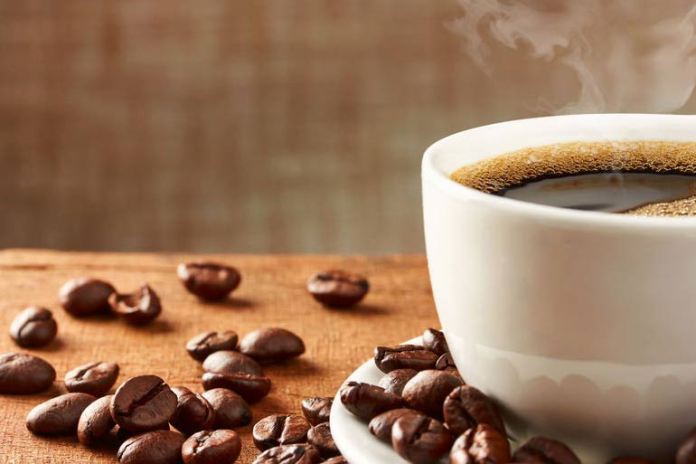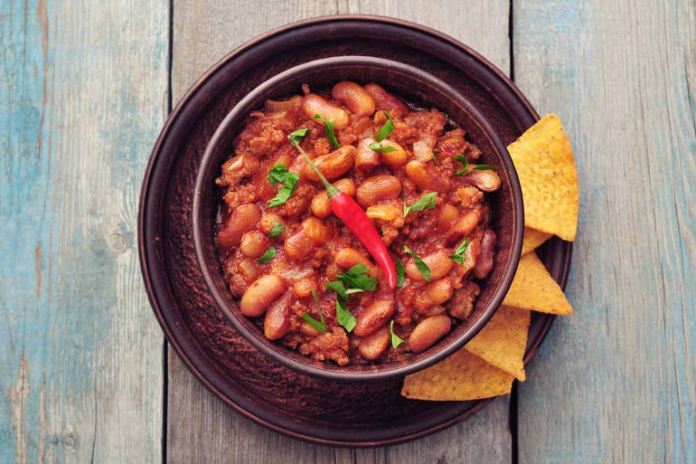Plan to call in a pepperoni pizza for dinner? Ditch the idea if you want a sound sleep. While some foods promote sleep, certain foods can completely ruin your sleep. Since your body will be devoid of any physical activity when you’re asleep, it’s never a good idea to overeat. Eating a light and healthy dinner promotes sleep, aids weight loss and keeps you healthy.
Foods To Avoid Before Bedtime
Stimulants and certain foods that take longer to digest can interfere with your sleep and even contribute to weight gain. Here are some foods that must not be consumed before you hit the sack.
1. Water

Some people have the habit of drinking plenty of water before going to bed or in the middle of the night. Drinking sufficient quantities of water is crucial in keeping the body well-hydrated. But, that should be done during the day, not at night. Perspiration and physical activity cause fluid loss during the day. But, at night, you hardly sweat and the fluid loss is minimal. Moreover, drinking too much water before bedtime results in you waking up often to urinate.
2. Coffee

People drink coffee to stay awake and remain alert. Coffee contains caffeine, which is a common stimulant that is also found in many carbonated drinks. Caffeine stimulates the central nervous system even several hours after consuming it. People who are sensitive to caffeine find it difficult to sleep if they have consumed coffee before bedtime. As the stimulating effects of caffeine’s may last well beyond eight hours, avoid drinking coffee after lunchtime. Even diet soda and other energy drinks containing caffeine must be avoided in the evenings.
3. High-Protein And High-Fat Dinner

Some foods are easily digested while high-protein and high-fat foods take a long time to digest. Although such foods may keep you feeling full for a longer duration, research shows that eating a high-protein dinner before bedtime can result in sleep disturbances. A protein-rich meal contributes less tryptophan, the amino acid which is a precursor to serotonin. The ratio of lower tryptophan levels to other large amino acids increases serotonin, a hormone that has a calming effect on the body.
4. Acidic Foods

Acidic and spicy foods can disrupt your sleep and cause uneasiness at night. Around 10 percent of younger men may suffer from acid reflux, but they may not even be aware of it. Common symptoms of acid reflux include burning sensation in the back of the throat or in the chest. Reflux causes some of the contents of your stomach to bubble up into the esophagus and the throat. Lying down only worsens the problem. Spices like cayenne and Tabasco get their metabolism-boosting properties from capsaicin, which may trigger heartburn in sensitive people. Spicy or fried foods and tomato-based sauces are all very acidic and best avoided during dinner.
5. Pizza

A left-over pizza from dinner is a common midnight snack. A midnight visit to the kitchen to fulfill your craving is the perfect practice for weight gain! To begin with, pizza contains cheese and tomato sauce, both of which can affect your sleep. The combination of fat in the cheese and the acid in the tomato sauce together have a negative effect on your sleep quality. Foods that are acidic can trigger acid reflux, especially when consumed shortly before bedtime.
6. Chocolate

As delicious as they may sound, chocolates also can give you sleepless nights. Be it chocolate cakes or cookies, they all contain plenty of sugar, which can affect your sleep. Besides sugar, most chocolates may also contain small quantities of caffeine. But, even these small amounts of caffeine can disturb or halt the sleep-inducing chemical processes in your brain and body before bedtime. Though different chocolate bars contain varying amounts of caffeine, an average 2-ounce, 70 percent dark chocolate bar contains around 79 mg of caffeine, which is more than half of what’s in an 8-ounce cup of coffee.
7. Alcohol

Research has shown that alcohol can disturb your normal sleep rhythm. Though alcohol can help you fall asleep sooner, it prevents deep, restorative sleep later in the night. A late-night glass of wine is known to help relax you and make you fall asleep faster. But, it actually prevents your body from achieving its REM (Rapid Eye Movement) cycle, which is where deep, restful sleep and dreaming takes place. So, it’s best to avoid alcohol consumption at least a few hours before you go to bed.





